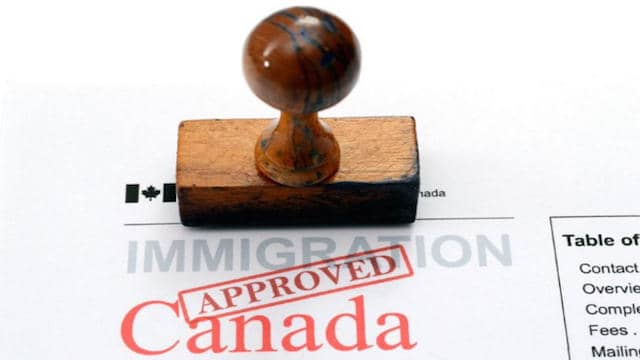5 Documents to Shred to Prevent Identity Theft in Brampton
Published March 8, 2017 at 12:57 am

Shredding, to gym rats, is equivalent with ditching body fat and looking super ripped. To those fighting fraud, though, it’s the key to safeguarding personal information.
Shredding, to gym rats, is equivalent with ditching body fat and looking super ripped. To those fighting fraud, though, it’s the key to safeguarding personal information. Classified documents, such as immigration papers, anything bearing a Social Insurance Number (SIN), banking information, or credit card details, need to be disposed of properly to protect you from dumpster-diving fraudsters and mail thieves — whether it’s at home, the public library, or the office.
On average, a corporate organization generates roughly 1.5 pounds of wastepaper per employee each day, according to rbcroyalbank.com, including legal and tax documents. Now think about what you toss at home as you walk in the door juggling mail, keys, and takeout (and perhaps a child or two). With a push to go paperless and save to the cloud, making a small effort to purge documents can go a long way. Here’s a list of five documents to shred, via Shred-it.
5. Shipping Labels
In an attempt to be environmentally conscious, it’s standard practice to break down delivery boxes for recycling. One step often forgotten is to remove the address label from the package, which can potentially include home or business addresses, tracking codes, work orders or account numbers. Remove the label before dismantling the box!
4. Receipts
It could be an oil change invoice with your home address (plus make and model of vehicle), or a receipt from Costco. Chances are it has personal information on it. And business professionals often expense client lunches or business necessities paid for out-of-pocket. These receipts, which contain personal and/or corporate financial information, are often left on desks and are easily accessible to fraudsters. Once submitted to appropriate departments, receipts should be destroyed.
3. Printed Presentations
While the majority of presentations are developed and delivered digitally, many employees still provide hard copies to clients or colleagues, which can put an organization at risk if the presentation includes sensitive informative. Same goes for post-secondary students who usually have their full names and student numbers on assignments printed in computer labs.
2. Resumes
It’s common for human resource professionals to print candidates’ resumes during the interview process. (It’s probably more common for prospective employees to frantically print 54 copies before hitting up a job fair). But printers jam, and the information found on a resume includes personal contact info, plus previous employment dates and details, academic history, volunteer affiliations, and participation in committees/organizations. All printed resumes should be kept in a secure, locked location or stored digitally in a password-protected file. Once resumes are no longer needed, they should be destroyed.
1. Boarding Passes
Cybersecurity experts, such as former Washington Post reporter Brian Krebs, point out that fraudsters can read barcodes on boarding passes and gain access to passengers’ contact information, future travel plans and frequent flyer accounts. Travellers should avoid leaving paper versions of boarding passes in public areas or in airplane seat pockets. Use an electronic boarding pass on your phone or shred the hard copy following your flight.
The RCMP says criminals can use stolen or reproduced personal or financial information to: access your bank accounts or open new ones; transfer bank balances; apply for loans, credit cards and other goods and services; make purchases; hide their criminal activities; obtain passports or receive government benefits. Using identity theft to facilitate organized criminal and terrorist activities appears to be a growing trend, say the Mounties.
Keep in mind, Bramptonians, the Region of Peel collects shredded paper and residents have two options: You can place shreds in your green cart or include it with your yard waste from April to November. Shredded paper can’t be recycled in Peel since it contaminates material streams.
insauga's Editorial Standards and Policies advertising






